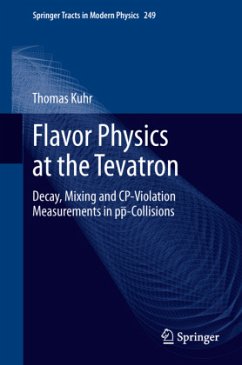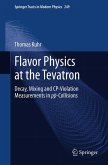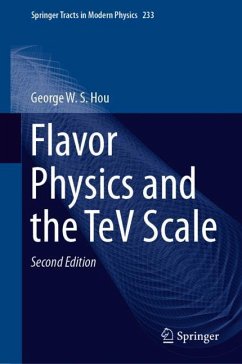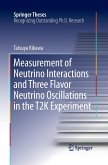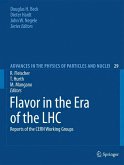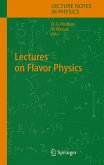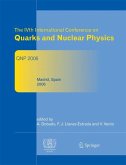The book reviews the latest experimental results of charm and bottom flavor physics at the Tevatron proton-antiproton collider. The measurements of lifetimes, branching ratios and mixing properties of heavy flavored hadrons provide important constraints on fundamental parameters of the standard model - the elements of the CKM matrix. Comparisons of experimental results with theoretical predictions allow to search for physics beyond the standard model or to set bounds on parameters of new physics models.
The experimental techniques developed at the Tevatron are highly relevant for the next generation flavor physics experiments at the LHC. This book provides the reader a detailed summary of the status of heavy flavor physics at the end of the Tevatron data taking period and the start of the LHC program.
The experimental techniques developed at the Tevatron are highly relevant for the next generation flavor physics experiments at the LHC. This book provides the reader a detailed summary of the status of heavy flavor physics at the end of the Tevatron data taking period and the start of the LHC program.
From the reviews:
"The author of this book ... gives the reader a guided tour through the flavour-physics landscape at the Tevatron. ... This well written book ... is enjoyable to read and offers a fairly compact way to get an overview of the B-physics programme conducted at the Tevatron in the past decade. ... It appears suited to experimental PhD students making first contact with this topic, but experienced researchers from other branches of high-energy physics may also find the book interesting and useful." (Robert Fleischer, CERN Courier, March, 2013)
"The author of this book ... gives the reader a guided tour through the flavour-physics landscape at the Tevatron. ... This well written book ... is enjoyable to read and offers a fairly compact way to get an overview of the B-physics programme conducted at the Tevatron in the past decade. ... It appears suited to experimental PhD students making first contact with this topic, but experienced researchers from other branches of high-energy physics may also find the book interesting and useful." (Robert Fleischer, CERN Courier, March, 2013)

